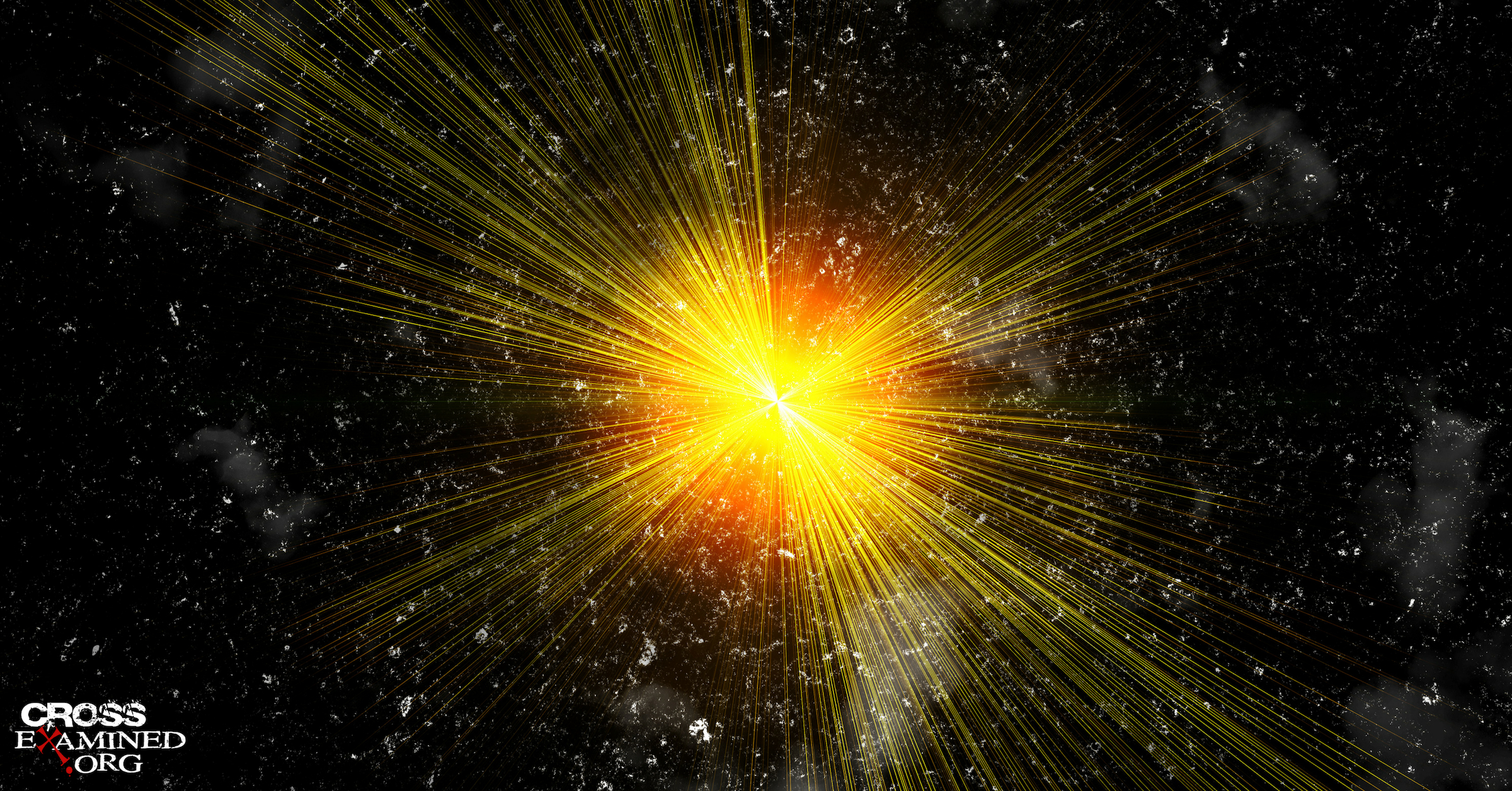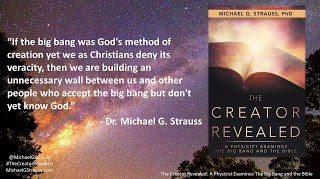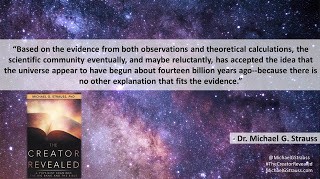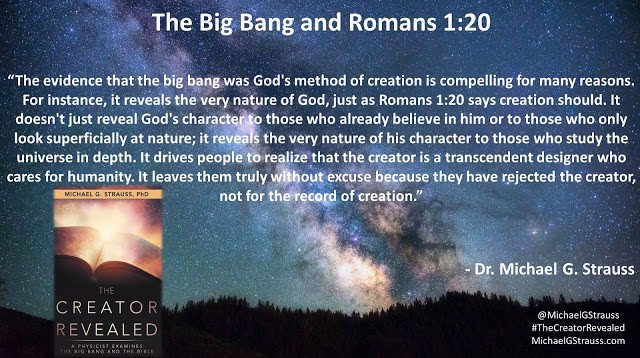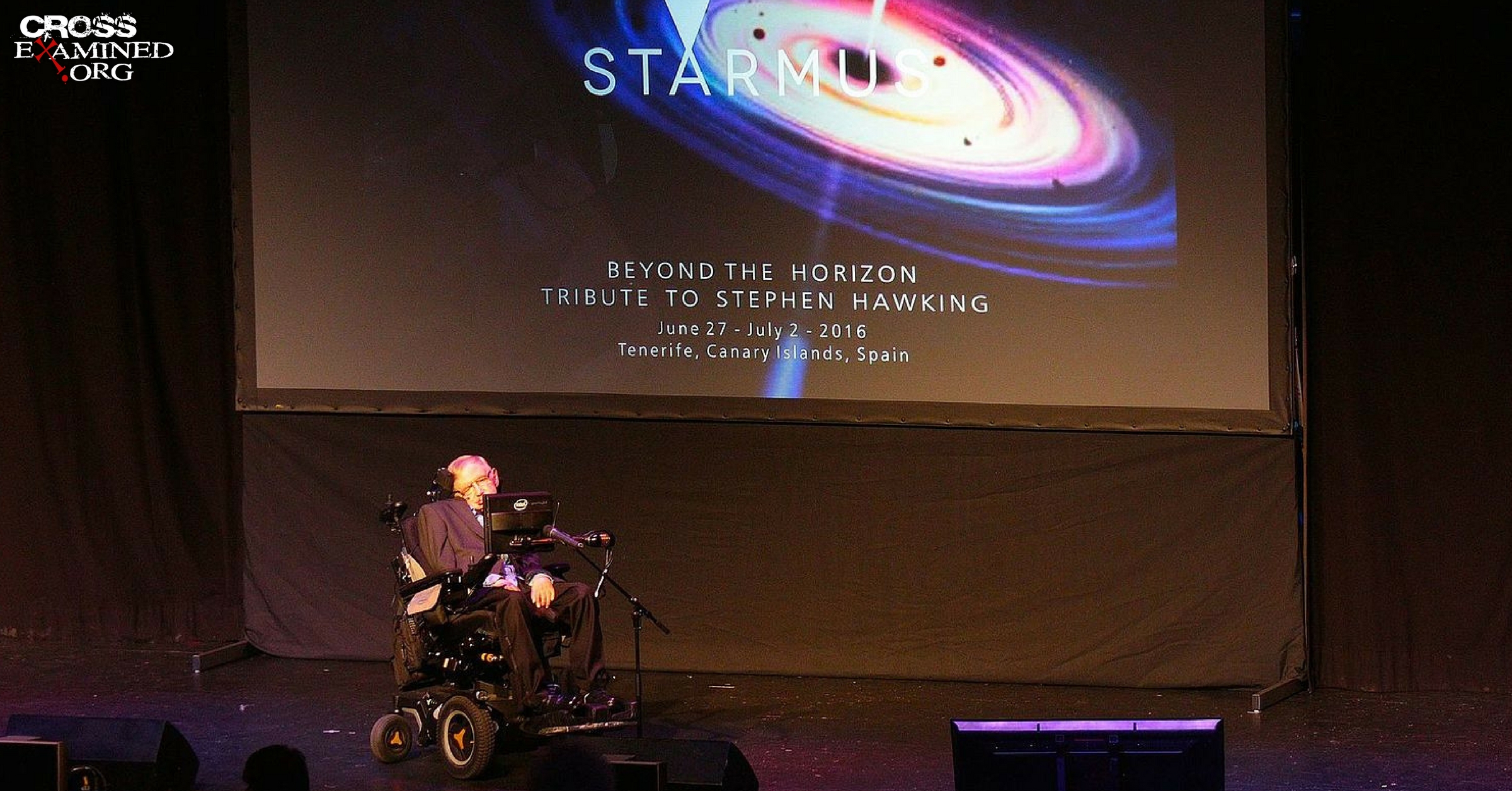By Julie Hannah
In Article 1, “The arising of our universe: design or chance?” I discussed evidence for the design behind our finely-tuned universe, which has convinced some mainstream scientists of the existence of a transcendent Creator. Article 2, “Can living cells arise randomly from non-living chemicals?” presented recent research findings that call into question the theory that living cells could have arisen from random operations on non-living chemicals. This article considers challenges to reductionist aspects of neo-Darwinian theories of evolution.
How does science account for the range of complex life forms? According to the deterministic neo-Darwinian Modern Synthesis model, random errors in DNA-copying cause mutations, and only some of the resulting forms survive the environmental process of natural selection. It is generally agreed that these gene-driven processes can account for some aspects of development, but many scientists are questioning whether they can fully explain the complexity of all life forms. Eugene Koonin, an evolutionary biologist at the National Center for Biotechnology Information makes this blunt observation: “The summary of the state of affairs on the 150th anniversary of the Origin is somewhat shocking: in the post-genomic era, all major tenets of the Modern Synthesis are, if not outright overturned, replaced by a new and incomparably more complex vision of the key aspects of evolution. So, not to mince words, the Modern Synthesis is gone” (“Origin at 150,” 474–75).
Standard evolutionary theory is being challenged in the following three major areas.
Challenge 1: Only small, continuous changes?
Microevolution involves minor genetic mutations and natural selection. But according to geneticists Baguñà and Garcia-Fernàndez, repeated microevolution does not explain major evolutionary transitions, and as a result, “even to the most unbounded optimist, we are still far from understanding morphological diversity and evolution” (“Evo-Devo,” 706). Evolutionary biologist Stephen Jay Gould argued that there was a fundamental difference between minor adaptations and the formation of new species, an opinion that is also expressed by paleobiologist Douglas Erwin of the Smithsonian Institute in his article, “Macroevolution is More Than Repeated Rounds of Microevolution.” Anthropologist Jeffrey Schwartz points out that some major groups “appear in the fossil record as Athena did from the head of Zeus—full-blown and raring to go, in contradiction to Darwin’s depiction of evolution as resulting from the gradual accumulation of countless infinitesimally minute variations” (Sudden Origins, 3). And Eugene Koonin concludes that “the idea of evolution being driven primarily by infinitesimal heritable changes in the Darwinian tradition has become untenable” (“Origin at 150,” 474).
Challenge 2: Only random variations and natural selection?
Some scientists are questioning the purely random nature of evolutionary change. For example, molecular geneticist James Shapiro makes this observation: “It is difficult (if not impossible) to find a genome change operator that is truly random in its action within the DNA of the cell where it works. All careful studies of mutagenesis find statistically significant non-random patterns of change” (Evolution, 82). Gerd Müller, Head of the Department of Theoretical Biology at the University of Vienna, argues that developmental systems seem to have innate tendencies towards certain solutions, and these tendencies have as strong an influence on development as random DNA variations (“Extended Evolutionary Synthesis,” 4, 7). Professor of evolutionary biology Kevin Laland agrees that “much variation is not random because developmental processes generate certain forms more readily than others” (“Does evolutionary theory need a rethink?” 162).
The theory of random variations also presents unresolved problems. According to genetic biologists Thornton and DeSalle, “It remains a mystery how the undirected process of mutation, combined with natural selection, has resulted in the creation of thousands of new proteins with extraordinarily diverse and well optimized functions. This problem is particularly acute for tightly integrated molecular systems that consist of many interacting parts . . . It is not clear how a new function for any protein might be selected for unless the other members of the complex are already present, creating a molecular version of the ancient evolutionary riddle of the chicken and the egg” (“Gene Family Evolution,” 64).
Simon Conway Morris, who holds the Chair in Evolutionary Paleobiology at Cambridge, also argues that adaptation is not an undirected, random walk through all possibilities. For example, when muscle tissue develops into organs that produce electricity, the process requires very precise amino acid replacements at specific sites, together with accelerated evolution of the new function, and Conway Morris concludes that “there is little doubt that these changes are very far from random” (Runes of Evolution, 38). He therefore argues that while the underlying principles of Darwinian evolution are correct, they do not provide a complete explanation of development, and a more comprehensive theory of evolution is required.
Gould also pointed out that many evolutionists now doubt the exclusive role of natural selection in genetic change (“New and General Theory of Evolution,” 12). And Andras Pellionisz, an expert in genome informatics, suggests that the theory of natural selection should be extended to include goal-directed aspects (“Principle of Recursive Genome Function,” 349).
Challenge 3: What about the complex genetic code?
It is generally accepted that the modern genetic code evolved from a simpler form, but there is no agreement about when or how this initial code evolved. In their article, “Chance and Necessity Do Not Explain the Origin of Life,” microbiologist Jack Trevors and cyberneticist David Abel explain why they believe natural selection could not be the primary mechanism for developing DNA coding (“Chance and Necessity,” 734 – 35):
- “Without the machinery and protein workers, the [DNA] message cannot be received and understood. And without genetic instruction, the machinery cannot be assembled . . . It is not reasonable to expect hundreds to thousands of random sequence polymers to all cooperatively selforganize into an amazingly efficient holistic metabolic network.”
- “Natural processes, mechanisms, and chemical catalyses do not explain any of these emergent conceptual phenomena. . . . Even ‘meaningful’ RNA or DNA inserted into a lifeless physical world such as the ancient Earth, would not be ‘readable.’ It could not communicate its coded message for protein synthesis unless a language (operating system) context already existed.”
- “Contentions that offer nothing more than long periods of time offer no mechanism of explanation for the derivation of genetic programming. No new information is provided by such tautologies. The argument simply says it happened. As such, it is nothing more than blind belief.” In other words, “time made it happen” might be science’s version of “God made it happen.”
Atheist biologist Richard Dawkins insists there is only an “illusion of design in the living world” (God Delusion, 25), and he claims that “cumulative selection, by slow and gradual degrees, is the explanation, the only workable explanation that has ever been proposed, for the existence of life’s complex design” (Blind Watchmaker, 317, original emphasis). However, atheist geneticist and evolutionist Richard Lewontin disagrees, pointing out that Dawkins’s adamant assertion ignores an enormous amount of recent research. He writes: “Dawkins’s vulgarizations of Darwinism speak of nothing in evolution but an inexorable ascendancy of genes that are selectively superior, while the entire body of technical advance in experimental and theoretical evolutionary genetics of the last fifty years has moved in the direction of emphasizing non-selective forces in evolution” (“Billions of Demons,” 29).
Computational physiologist Denis Noble argues that the highly reductionist and deterministic worldview of neo-Darwinism is not a necessary conclusion from the scientific evidence. He expresses the desire of many biologists to “distance [themselves] from the biased conceptual scheme that neo-Darwinism has brought to biology, made more problematic by the fact that it has been presented as literal truth” (“Evolution Beyond neo-Darwinism,” 12). And as Gerd Müller points out, this is not the view of only a handful of fringe scientists because an increasing number of publications call for a major revision of standard evolutionary theory (“Extended Evolutionary Synthesis,” 2).
The more recent approach to evolutionary development is not deterministic or gene-driven. Instead, it argues that there are complex non-random processes at work. However, Laland et al. point out that there is passionate resistance to the newer Extended Evolutionary Synthesis (EES): “The number of biologists calling for change in how evolution is conceptualized is growing rapidly . . . Yet the mere mention of the EES often evokes an emotional, even hostile, reaction among evolutionary biologists . . . This is no storm in an academic tearoom, it is a struggle for the very soul of the discipline” (“Evolutionary Theory,” 162).
Marcos Eberlin, a winner of the Thomson Medal in Chemistry, summarized a wide range of recent scientific findings in his 2019 book Foresight: How the Chemistry of Life Reveals Planning and Purpose, which is endorsed by three winners of Nobel Prizes in science. Eberlin reaches this conclusion about the evidence regarding the development of life on Earth: it “seems to point beyond any blind evolutionary process to the workings of an attribute unique to minds—foresight. And yes, I know: We’re told that it’s out of bounds for science to go there… [but] I urge you to inspect the evidence” (Foresight, 13–14).
Note
Adapted from A Skeptic’s Investigation into Jesus, J P Hannah.
https://www.amazon.com/Skeptics-Investigation-into-Jesus/dp/1532674619
Used with kind permission from Wipf and Stock Publishers: www.wipfandstock.com.
References
Baguñà, Jaume, and Jordi García -Fernàndez. “Evo-Devo: the Long and Winding Road.” The International Journal of Developmental Biology 47 (2003) 705–13.
https://www.researchgate.net/publication/8892395_Evo-Devo_The_Long_and_Winding_Road
Conway Morris, Simon. The Runes of Evolution: How the Universe Became Self-Aware. West Conshohocken, PA: Templeton, 2005.
Eberlin, Marcos. Foresight: How the Chemistry of Life Reveals Planning and Purpose. Seattle: Discovery Institute, 2019.
Erwin, Douglas H. “Macroevolution is more than repeated rounds of microevolution.” Evolution and Development 2 (2000) 78–84.
https://onlinelibrary.wiley.com/doi/full/10.1046/j.1525-142x.2000.00045.x
Gould, Stephen Jay. “Is a new and general theory of evolution emerging?” Paleobiology 6 (1980) 119–30.
http://www.somosbacteriasyvirus.com/gould.pdf
Koonin Eugene V. “The Origin at 150: Is a New Evolutionary Synthesis in Sight?” Trends in Genetics 25 (2009) 473–75. doi:10.1016/j.tig.2009.09.007.
https://www.ncbi.nlm.nih.gov/pmc/articles/PMC2784144/
Laland Kevin N., et al. “Does evolutionary theory need a rethink?” Nature 514 (2014) 161–64.
Lewontin, Richard. “Billions and Billions of Demons: A Review of The Demon-Haunted World, by Carl Sagan.” New York Review of Books 44 (1997) 28–30.
http://www.drjbloom.com/Public%20files/Lewontin_Review.htm
Müller, Gerd B. “Why an extended evolutionary synthesis is necessary.” Interface Focus 7: 20170015.
https://royalsocietypublishing.org/doi/pdf/10.1098/rsfs.2017.0015
Noble, Denis. “Evolution beyond neo-darwinism: a new conceptual framework.” The Journal of Experimental Biology 218 (2015) 7–13.
http://jeb.biologists.org/content/jexbio/218/1/7.full.pdf
Pellionisz, Andras J. “The Principle of Recursive Genome Function.” Cerebellum 7 (2008) 348–59. http://ww.junkdna.com/pellionisz_principle_of_recursive_genome_function.pdf
Schwartz, Jeffrey H. Sudden Origins: Fossils, Genes, and the Emergence of Species. New York: Wiley, 1999.
Shapiro, James, A. Evolution: A View from the 21st Century. Upper Saddle River, NJ: Pearson, 2011.
Thornton, Joseph W., and Rob DeSalle. “Gene Family Evolution and Homology: Genomics Meets Phylogenetics.” Annual Review of Genomics and Human Genetics 1 (2000) 41–73.
https://www.math.auckland.ac.nz/~nicholls/BIOSCI743/thorntonanddesalle.pdf
Trevors, Jack T., and David L. Abel. “Chance and necessity do not explain the origin of life.” Cell Biology International 28 (2004) 729–39.
Recommended resources related to the topic:
Why Science Needs God by Dr. Frank Turek (DVD and Mp4)
Science Doesn’t Say Anything, Scientists Do by Dr. Frank Turek (DVD, Mp3, and Mp4)
Oh, Why Didn’t I Say That? Does Science Disprove God? by Dr. Frank Turek (DVD and Mp4)
Stealing From God by Dr. Frank Turek (Book)
Macro Evolution? I Don’t Have Enough Faith to be a Darwinist (DVD Set), (MP3 Set) and (mp4 Download Set) by Dr. Frank Turek
Answering Stephen Hawking & Other Atheists MP3 and DVD by Dr. Frank Turek
Julie Hannah is a Mathematics lecturer (recently retired) with a passionate interest in the human condition. As an agnostic, she spent over a decade researching science and the scriptures of various faiths, and the cumulative evidence finally brought her to Christ. She has published her findings in “A Skeptic’s Investigation into Jesus” (Wipf and Stock).

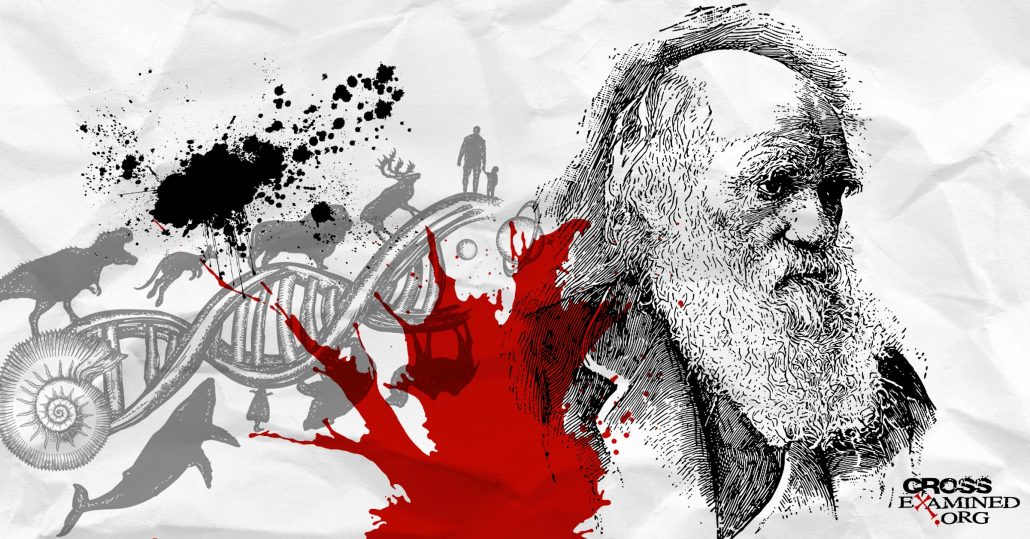
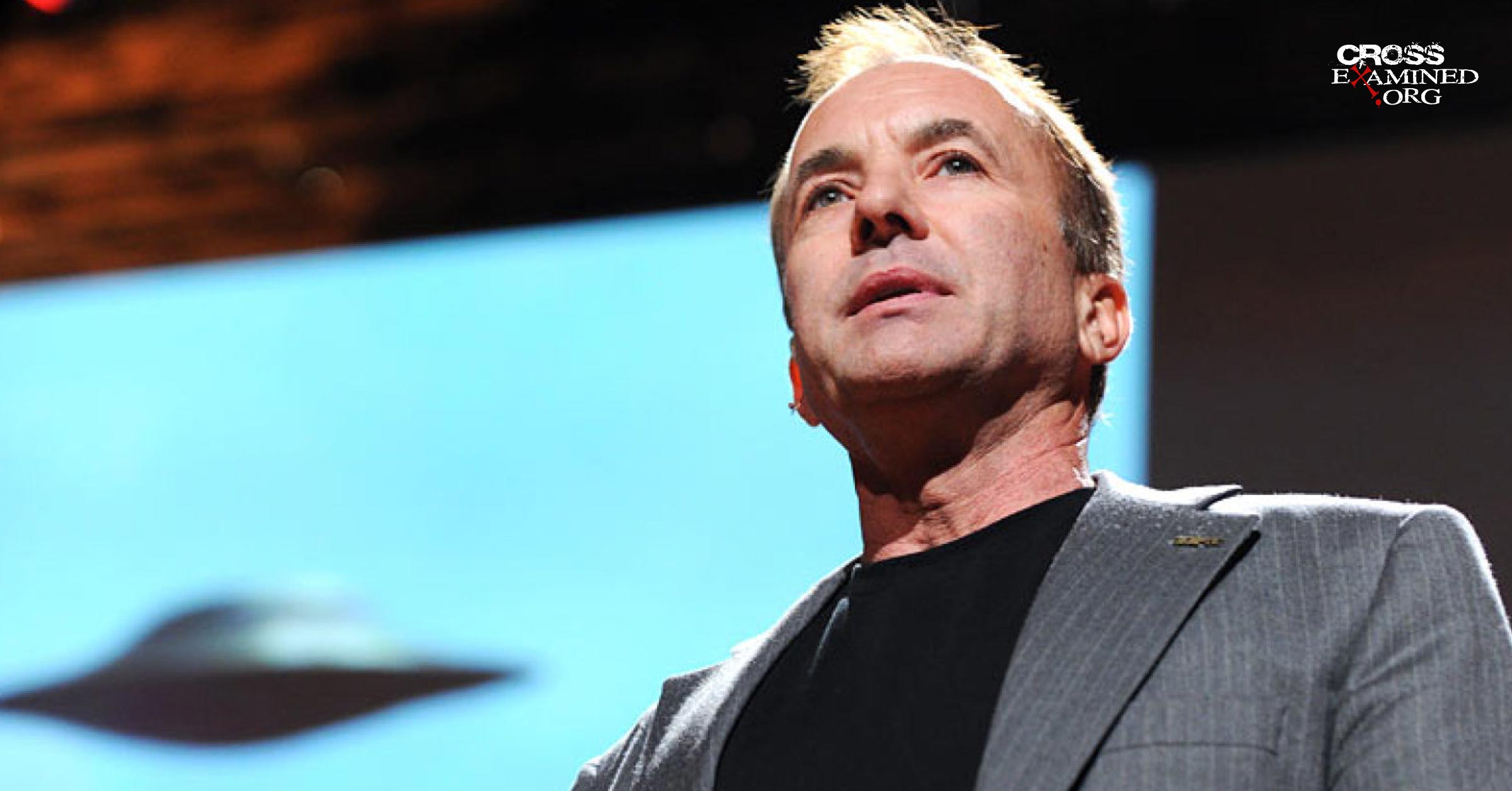
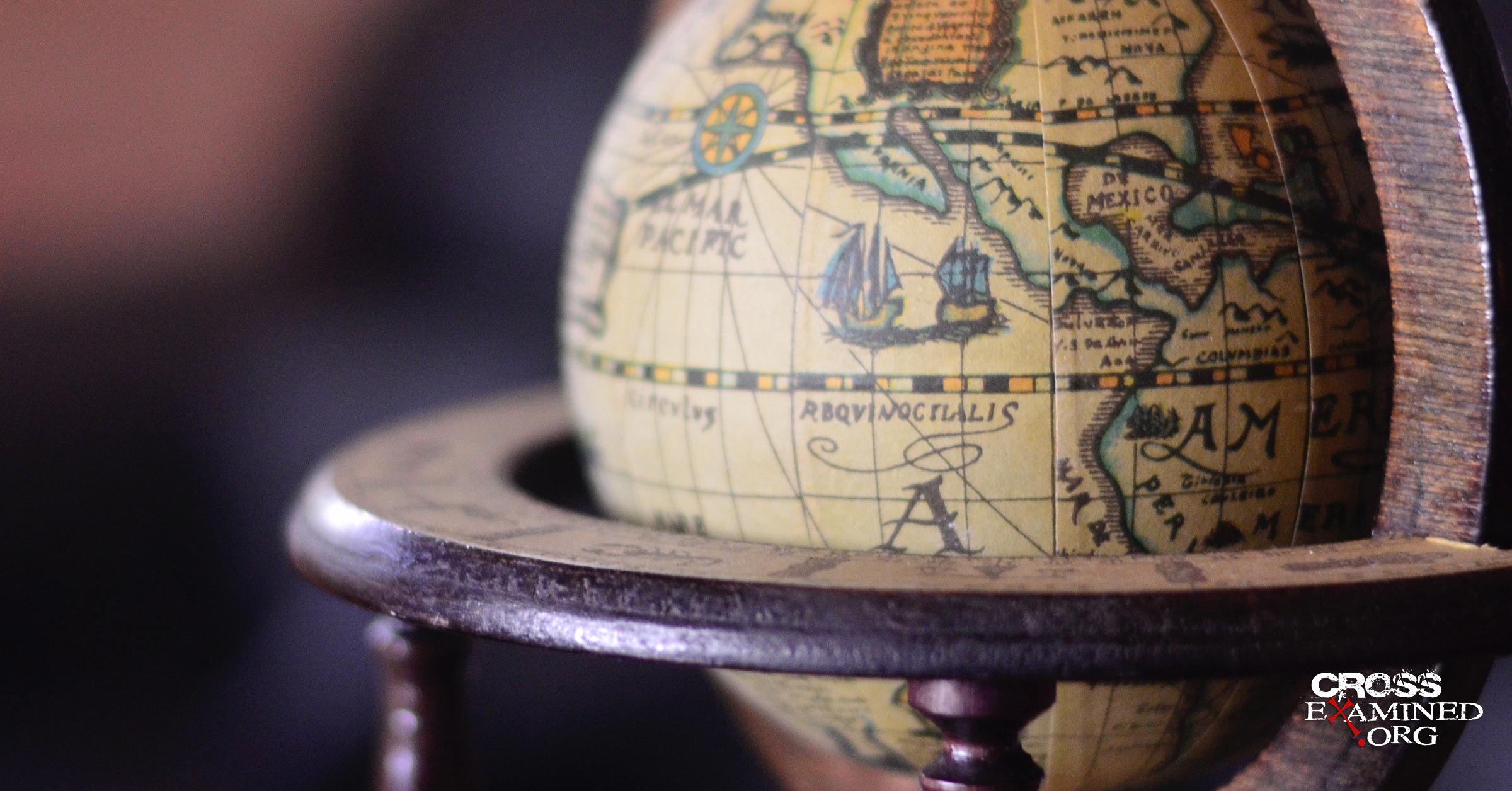
 During this pandemic, there is perhaps no one who we are being asked to trust more than Doctor Anthony Fauci. And let me be clear. I don’t envy his position or question his credentials.
During this pandemic, there is perhaps no one who we are being asked to trust more than Doctor Anthony Fauci. And let me be clear. I don’t envy his position or question his credentials. 


